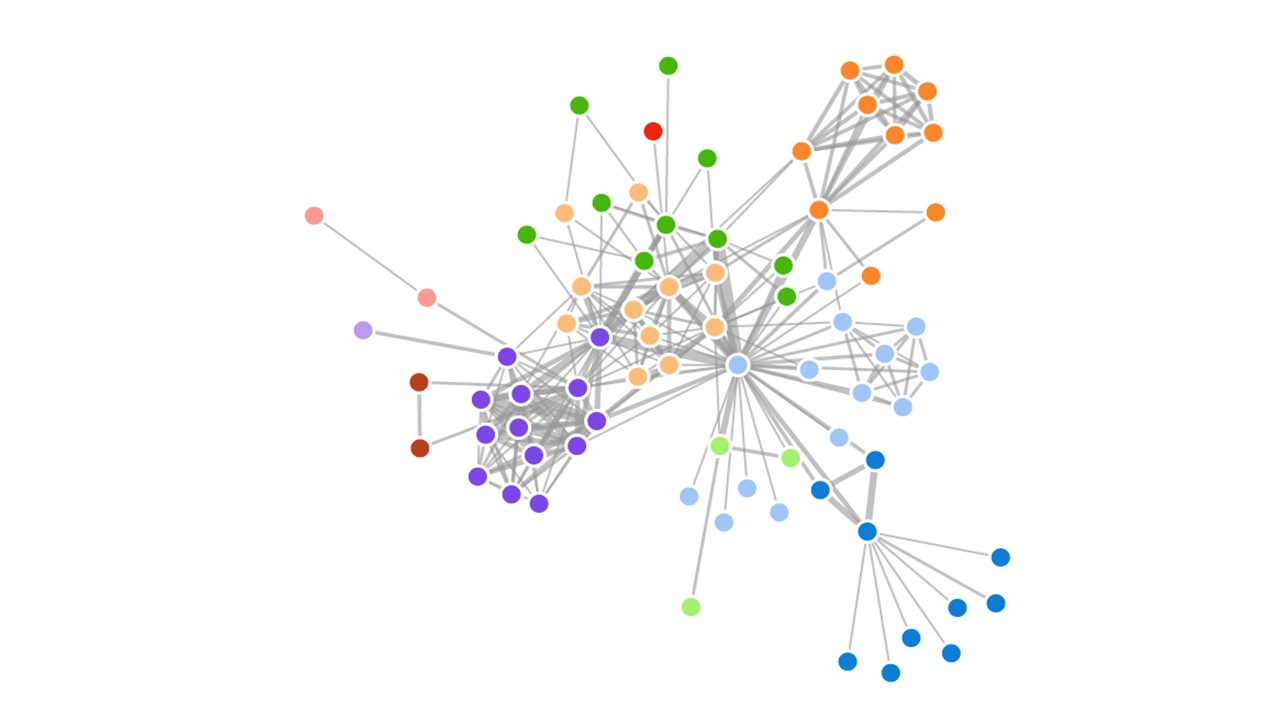Large-scale behavior change is often conceptualized as resulting from widespread dissemination and implementation of behavioral interventions that have been developed for individuals or other small social units, such as the dyad or family. Efforts prioritize direct administration of an intervention to all individuals within a target population. An alluring but underexamined alternative model for producing large-scale behavior change involves leveraging social network dynamics. By strategically administering an intervention to key “change agents” within a social network, behavior change can be efficiently diffused to other members of the network whom themselves never directly received the intervention.
On March 2-3, 2022, the National Institute on Aging’s Division of Behavioral and Social Research will convene a workshop with subject matter experts to discuss gaps, opportunities, and strategies for adapting individual behavior change interventions to leverage social network dynamics. The workshop will focus on how social network interventions can be leveraged to promote healthy aging, slowing of cognitive decline and prevention of Alzheimer’s Disease and Related Dementias (AD/ADRD), and improved care for persons living with AD/ADRD and their care partners. March 4 will be a closed session for workshop speakers and NIH staff.
James Moody, Professor of Sociology at Duke, Faculty Director for the Duke Network Analysis Center (DNAC), and DUPRI Scholar will participate in the workshop as an expert panelist.
Registration Required
